High-quality human resources are an urgent requirement of the tourism industry in the current period of international integration. The Government's national tourism system planning to 2030, with a vision to 2050, emphasizes that tourism human resources are the most important and core issue. In 2024, Vietnam's tourism will recover and develop strongly. The Prime Minister attended three tourism promotion meetings abroad to promote tourism, and the quality of tourism human resources was once again mentioned because this is a vital factor to improve the quality of tourism.
With great potentials in natural landscapes, culture, and people, Vietnam tourism is increasingly attracting domestic and foreign tourists. However, the problem of human resources is always a big challenge. It must be admitted that our human resources are still lacking in quantity and limited in quality, not meeting the increasing demands of tourism services.
According to statistics from the Vietnam National Tourism Administration, the tourism industry needs 40,000 workers each year, but in reality, the supply only ensures about 20,000 workers. Of these, the proportion of tourism workers with university and postgraduate degrees accounts for only approximately 10%; primary, secondary and college degrees account for more than 50%; below primary degrees account for about 40%. Of the total number of tourism workers, only 43% are trained in tourism profession. It can be seen that the picture of Vietnamese tourism workers still has dark spots that need to be overcome to suit the requirements of the current period. The cause of this situation starts from the training stage. Tourism human resource training facilities have not met the needs and demands of the market in terms of both quantity and quality.
According to statistics from the Ministry of Education and Training and the Ministry of Labor, War Invalids and Social Affairs, up to now, the country has 407 training establishments in the tourism industry, but there are still many shortcomings that need to be resolved. Meanwhile, the country has nearly 4,000 international travel businesses that are always in a state of human resource shortage, both waiting for the "output" of training establishments and having to train themselves. The most lacking thing in tourism human resources today is hard skills in professional skills, IT knowledge, foreign languages, communication, behavior... Training establishments currently do not have a standardized process, lack of connection between domestic and international, and are still fragmented, each doing their own thing. This more or less reduces the competitiveness of Vietnamese tourism, causing service quality to be limited.
At the workshop “The role of stakeholders in training and developing human resources for tourism” organized by the Ministry of Culture, Sports and Tourism on November 14, many solutions related to training and developing human resources were proposed. Experts said that in order to meet the increasing demands of tourism, there needs to be coordination, connection and chaining between state management agencies and related ministries, branches, associations as well as organizations and vocational training facilities.
One phrase that was emphasized was that training institutions need to “rethink” their methods and approaches to adjust the development and training of human resources for tourism to suit the current context of tourism technology and strong digital transformation.
Specifically, Vietnam needs to grasp, anticipate trends as well as forecast issues related to tourism human resource training. If training continues in the usual way as in the past, it will be difficult to have human resources that meet the strict requirements of the market. It is necessary to innovate the scale, methods and content of training. Digitalization such as digital curriculum, application of AI technology in teaching will be the top priority, helping to ensure high-quality human resources, good skills, foreign languages, technology...
Specialized training models need to be given more attention to proactively provide high-quality core human resources that are competitive enough to compete with tourism in other countries in the region and the world. Diverse training forms such as formal, on-the-job training, distance learning... are to proactively provide human resources for businesses, reducing the shortage and imbalance between job sectors in tourism today.
Source: https://nhandan.vn/phat-trien-nguon-nhan-luc-du-lich-dap-ung-yeu-cau-hoi-nhap-post846254.html



![[Photo] Schools and students approach digital transformation, building smart schools](https://vstatic.vietnam.vn/vietnam/resource/IMAGE/2025/3/29/9ede9f0df2d342bdbf555d36e753854f)



![[Photo] Unique Ao Dai Parade forming a map of Vietnam with more than 1,000 women participating](https://vstatic.vietnam.vn/vietnam/resource/IMAGE/2025/3/29/fbd695fa9d5f43b89800439215ad7c69)




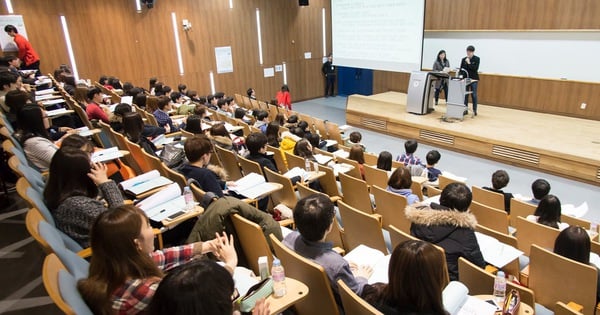

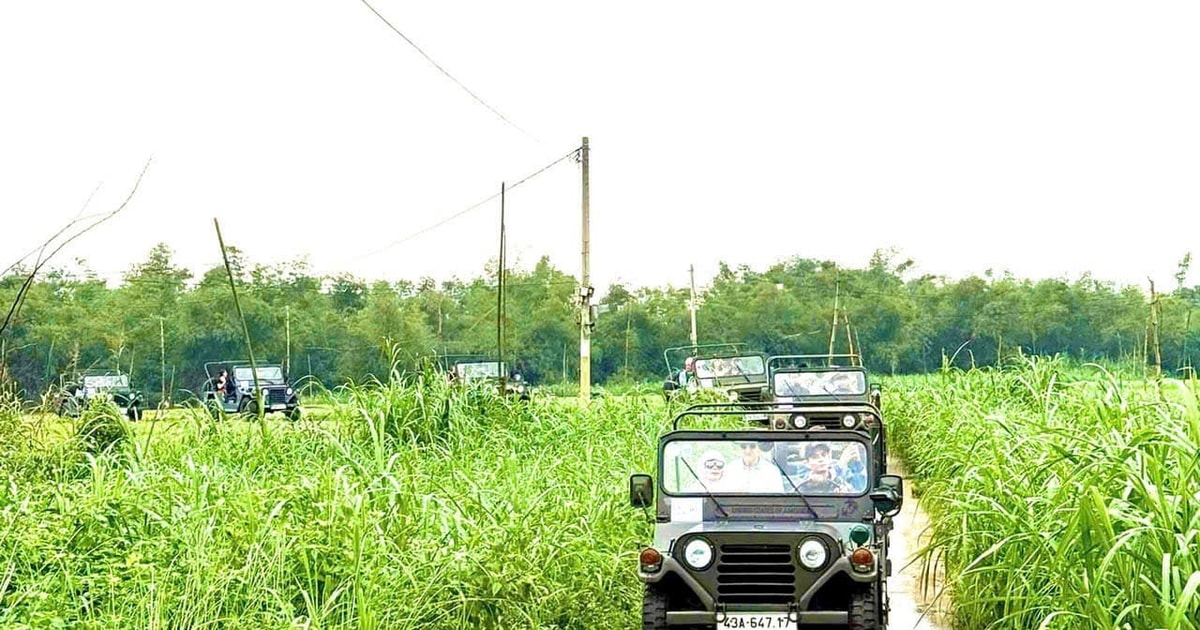

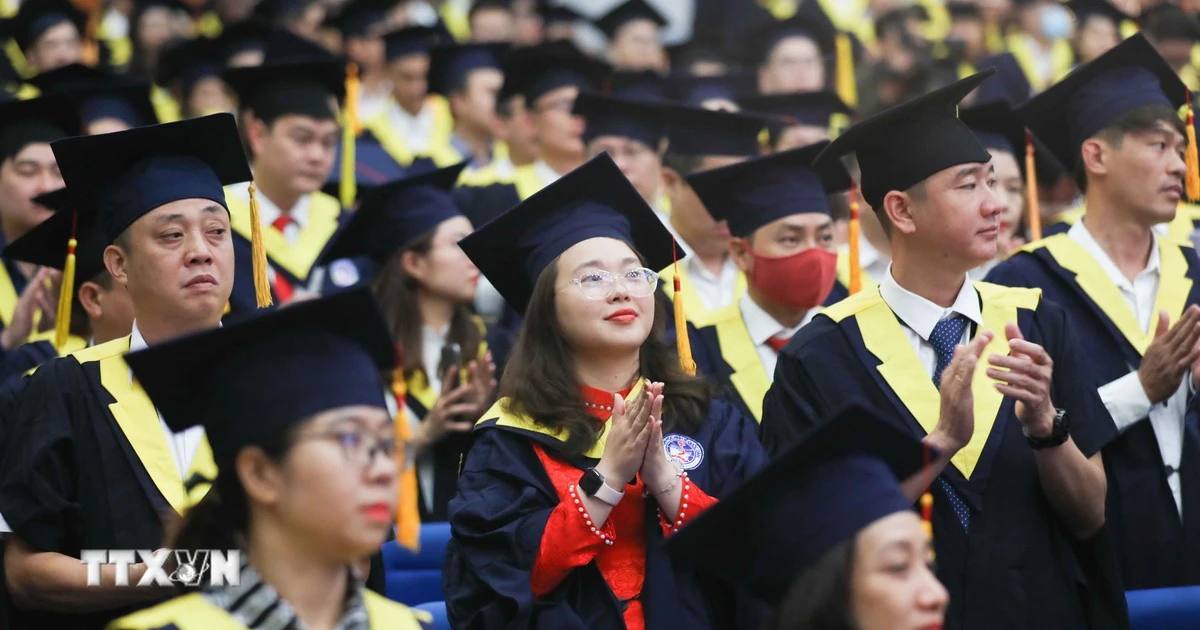


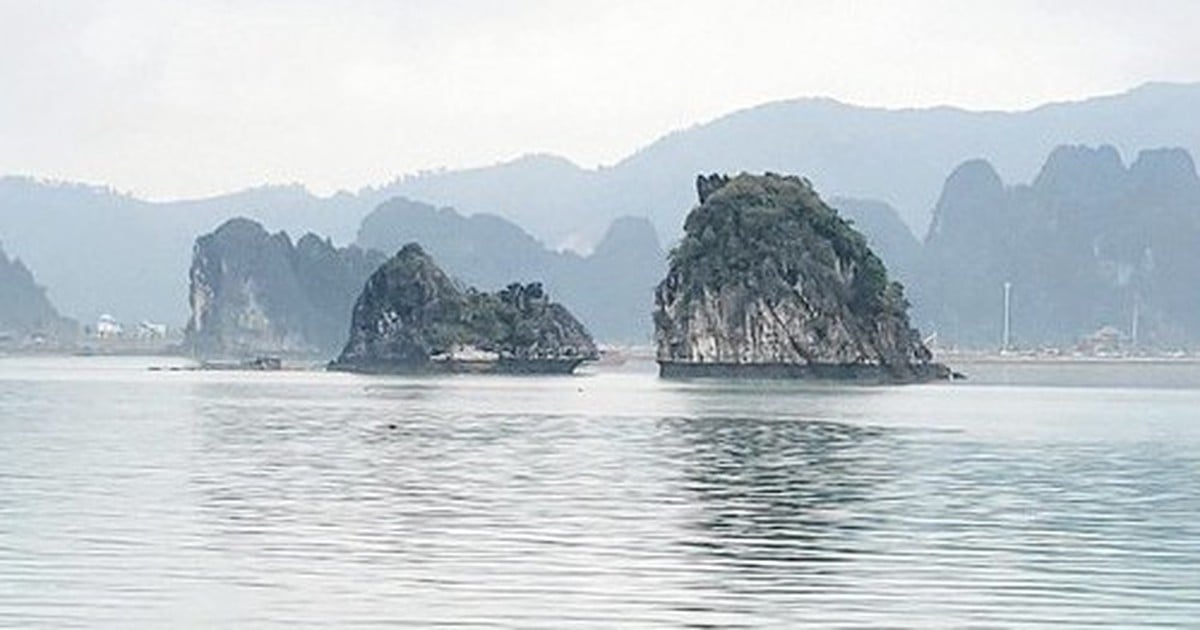
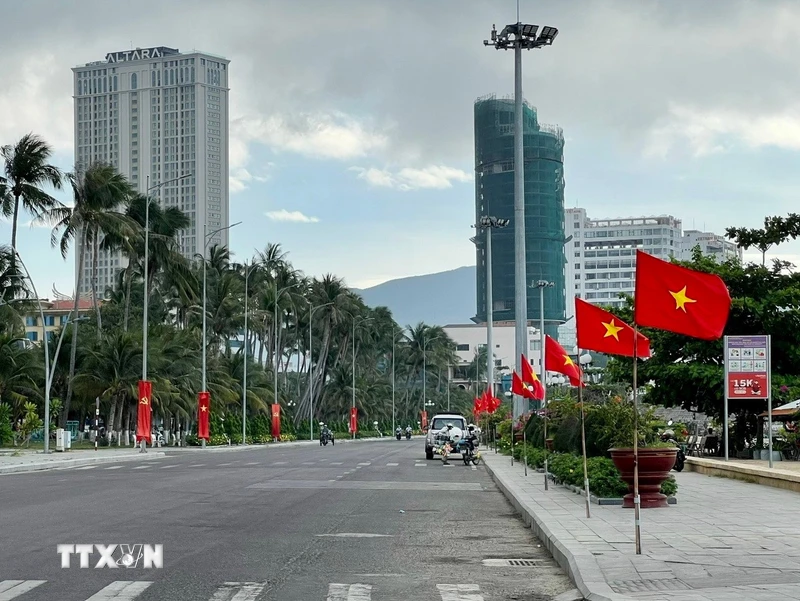

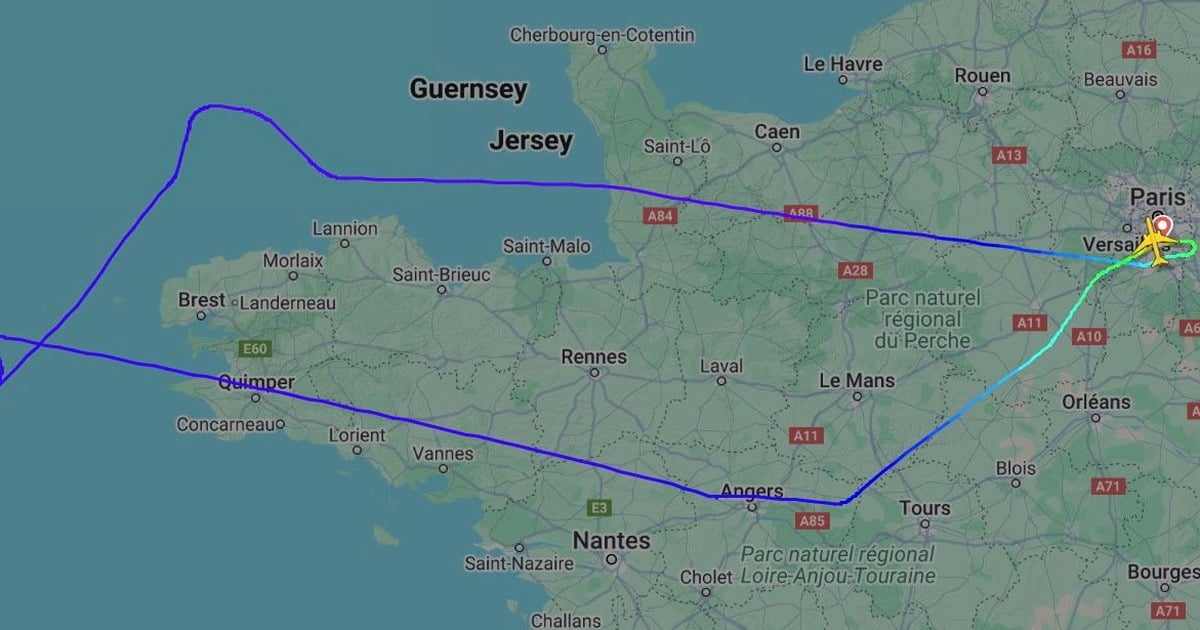






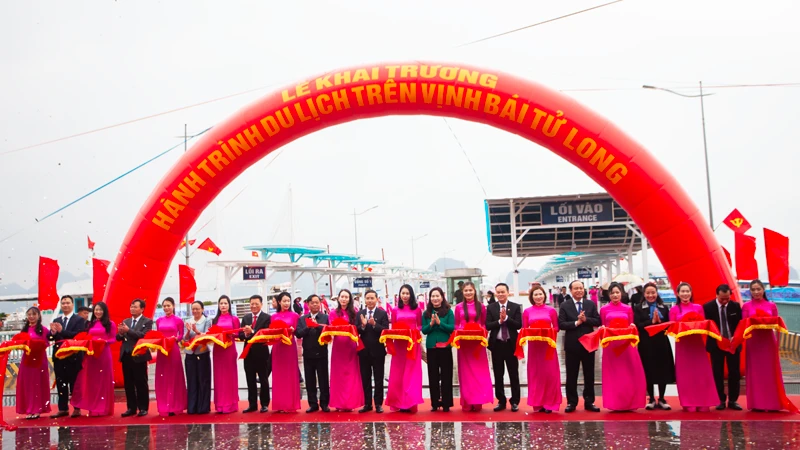

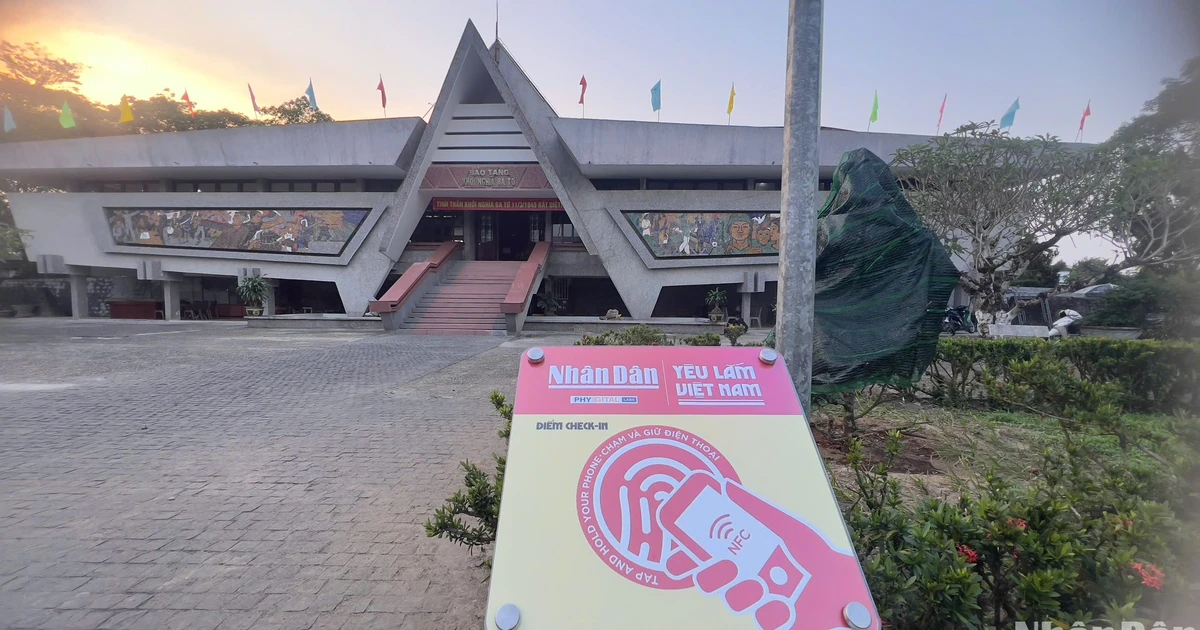


![[Photo] Flower cars and flower boats compete to show off their colors, celebrating the 50th anniversary of Da Nang Liberation Day](https://vstatic.vietnam.vn/vietnam/resource/IMAGE/2025/3/28/086d6ece3f244f019ca50bf7cd02753b)
![[Photo] Training the spirit of a Navy soldier](https://vstatic.vietnam.vn/vietnam/resource/IMAGE/2025/3/29/51457838358049fb8676fe7122a92bfa)









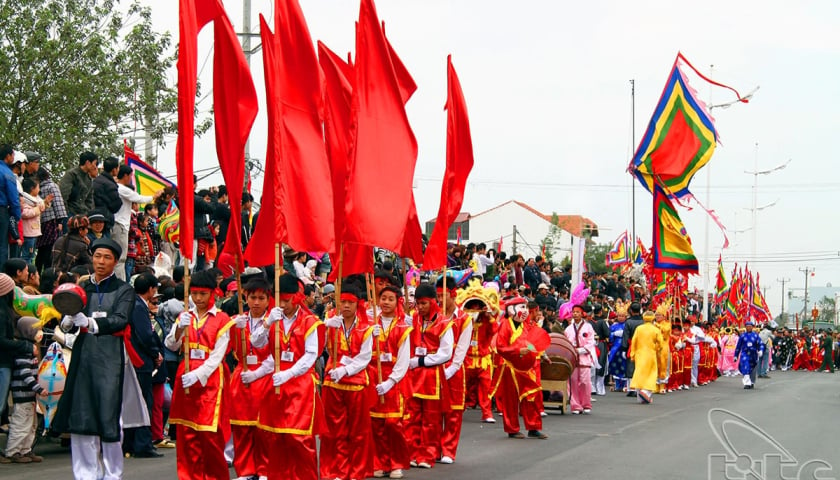

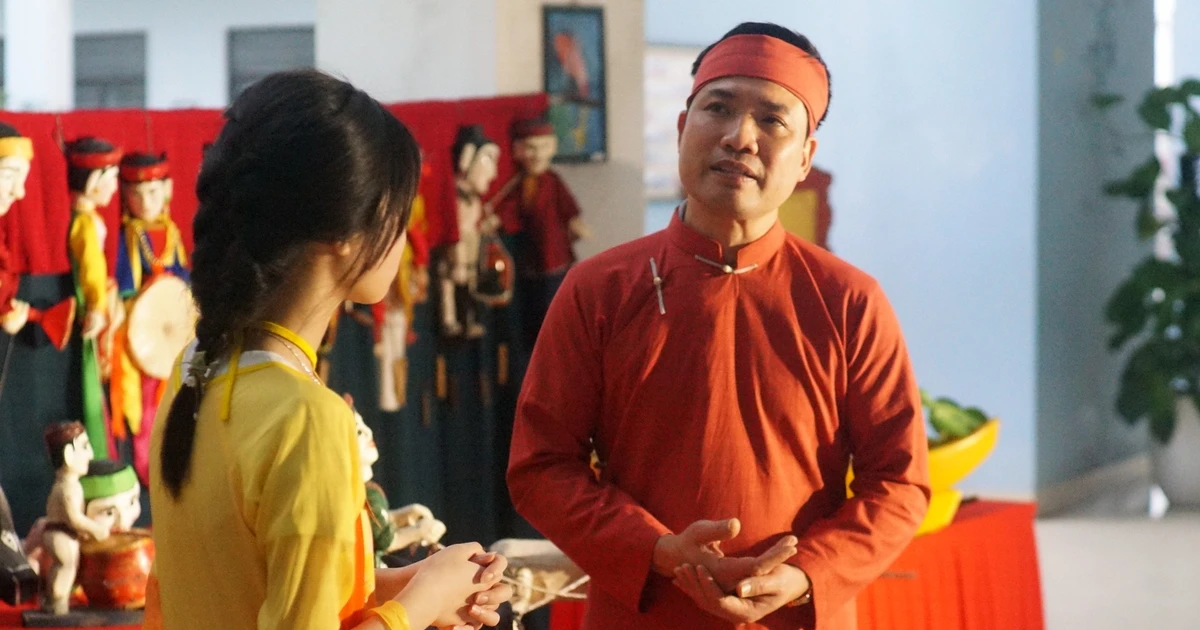
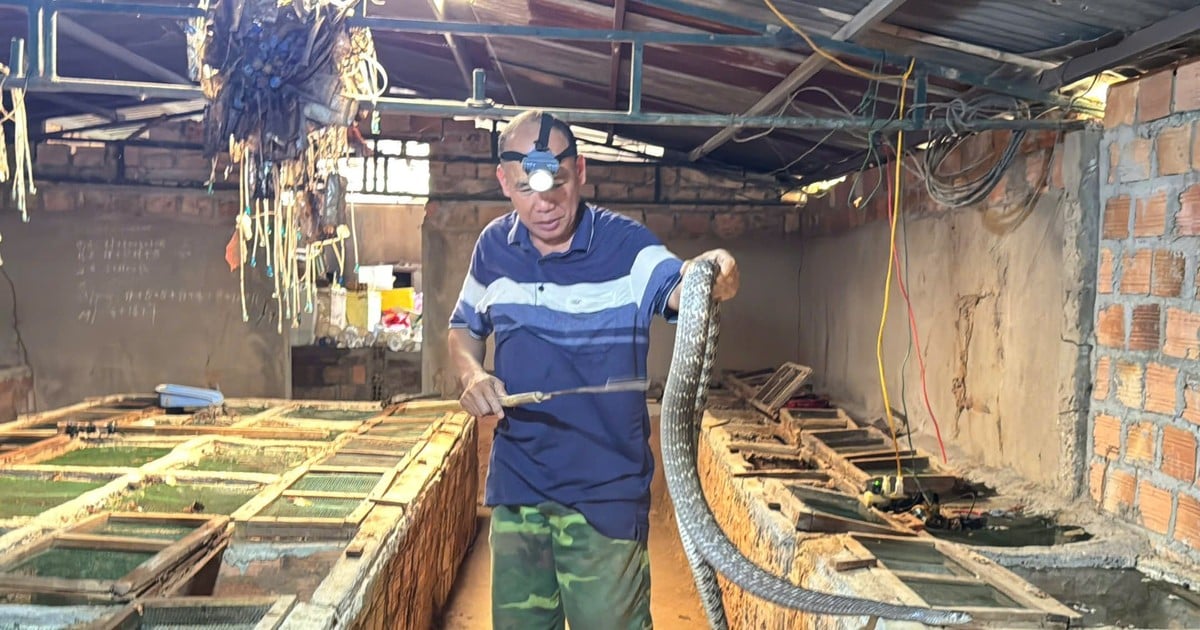


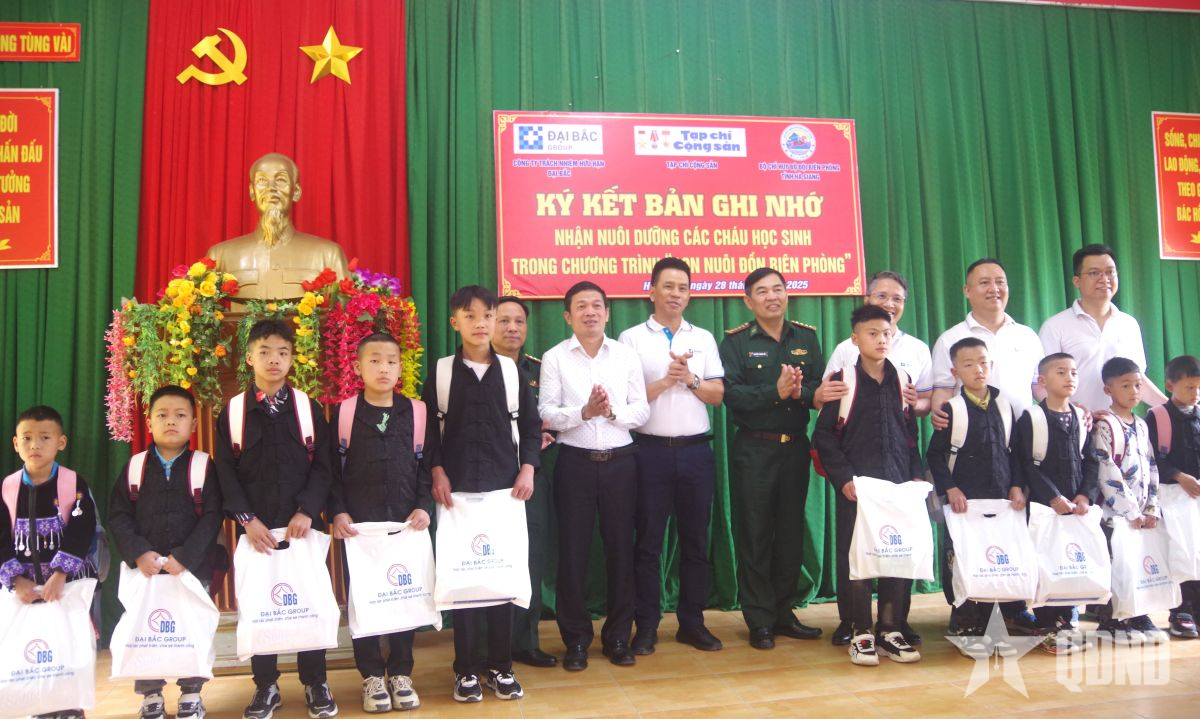














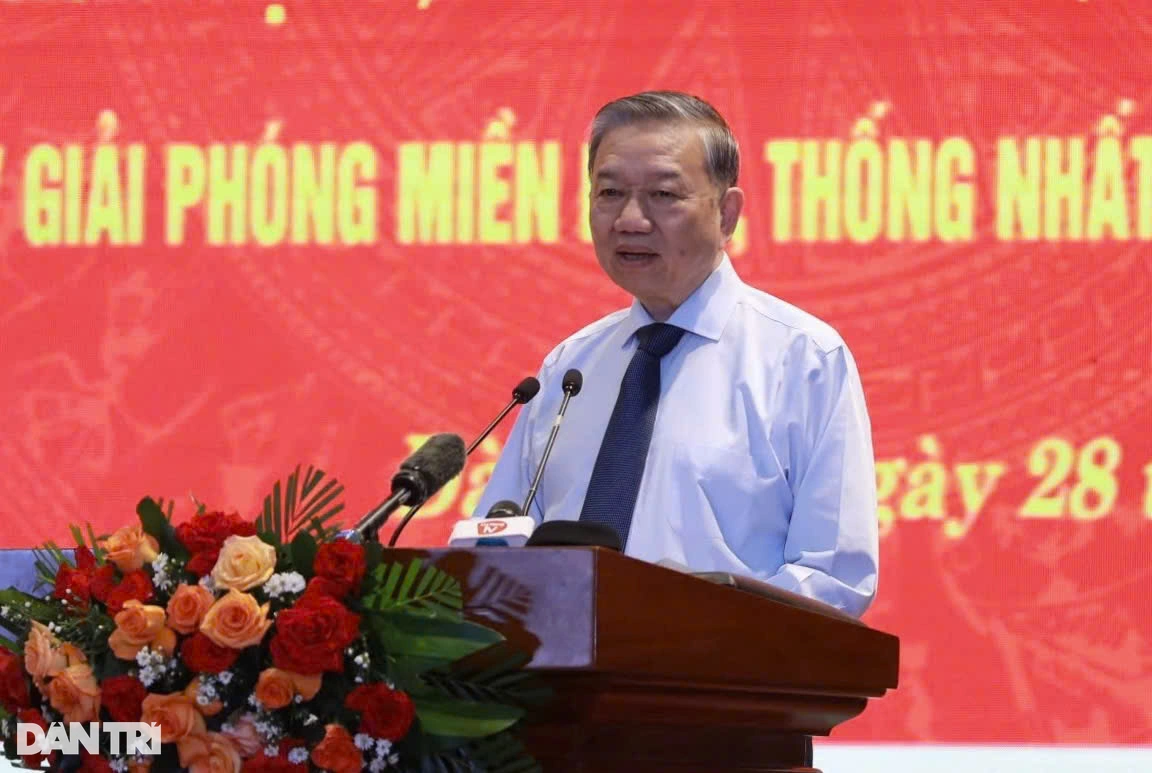
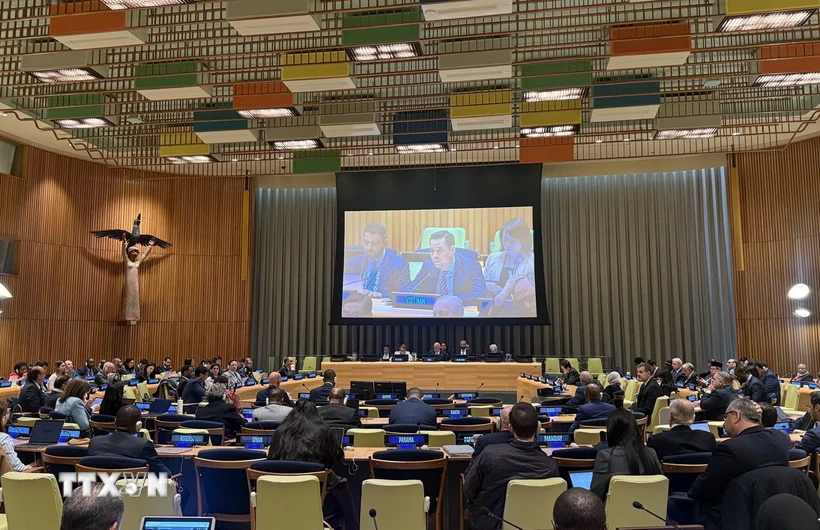
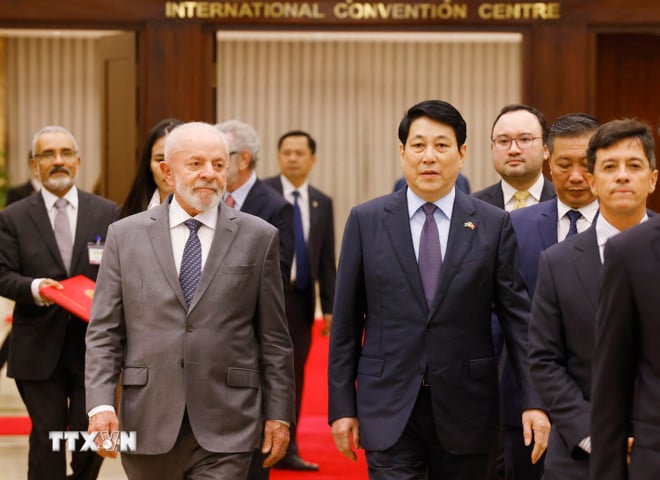
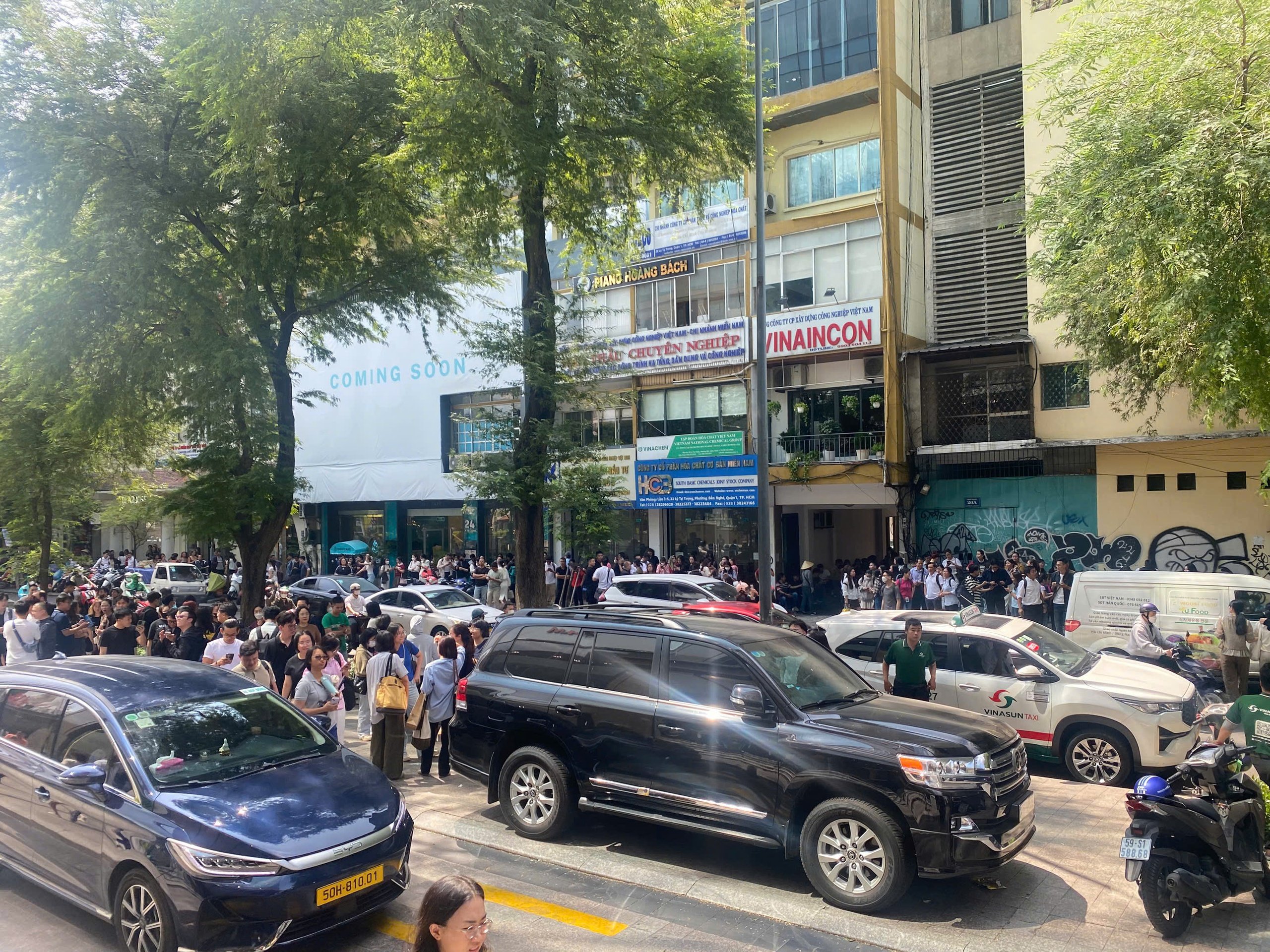
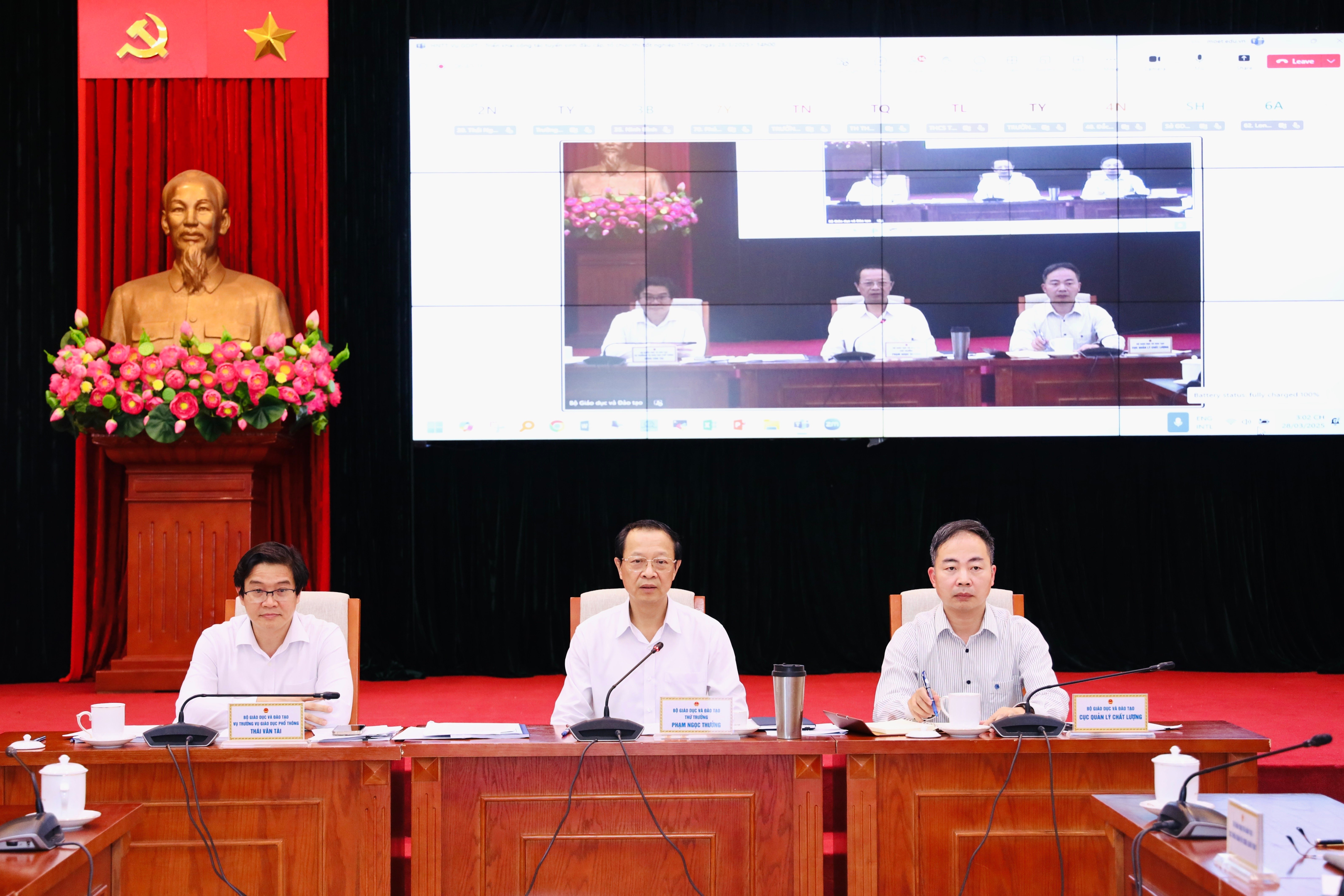


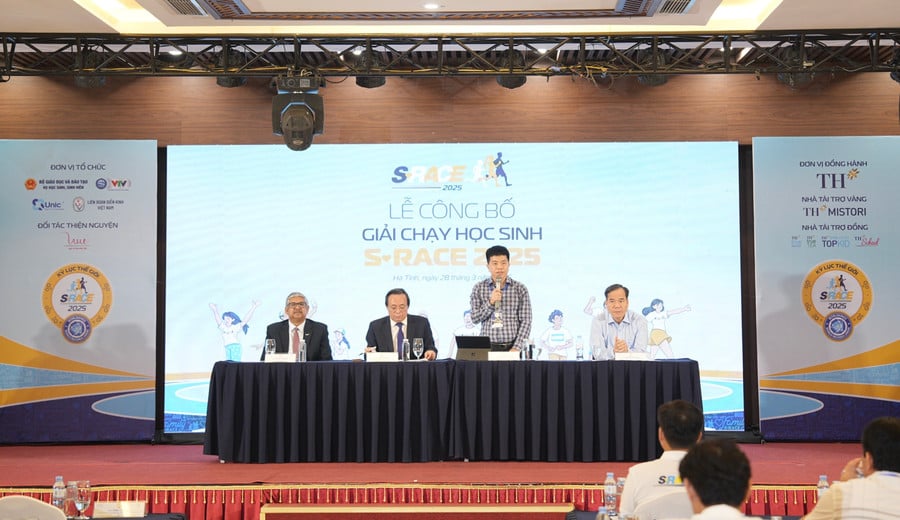
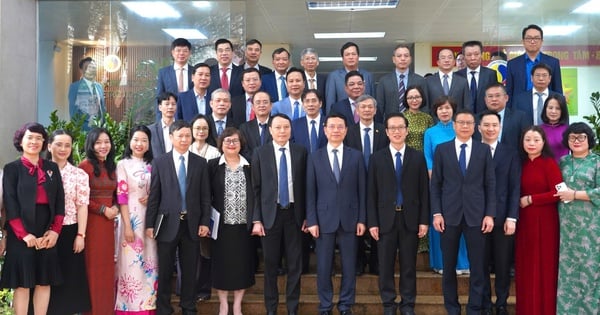


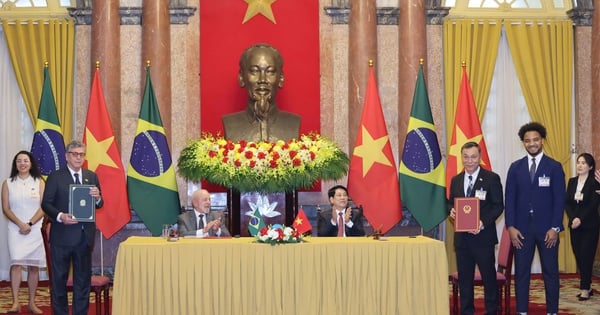
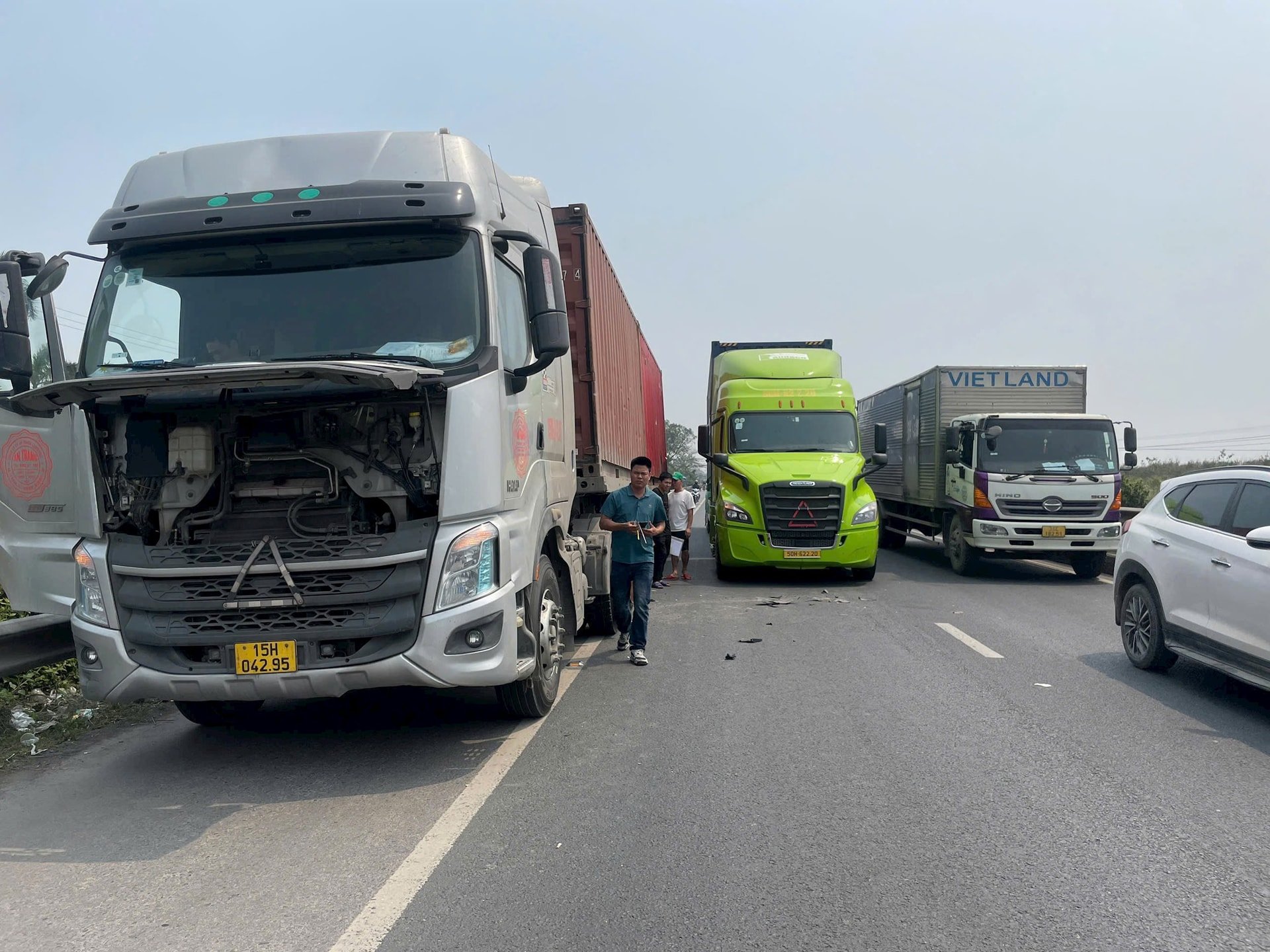

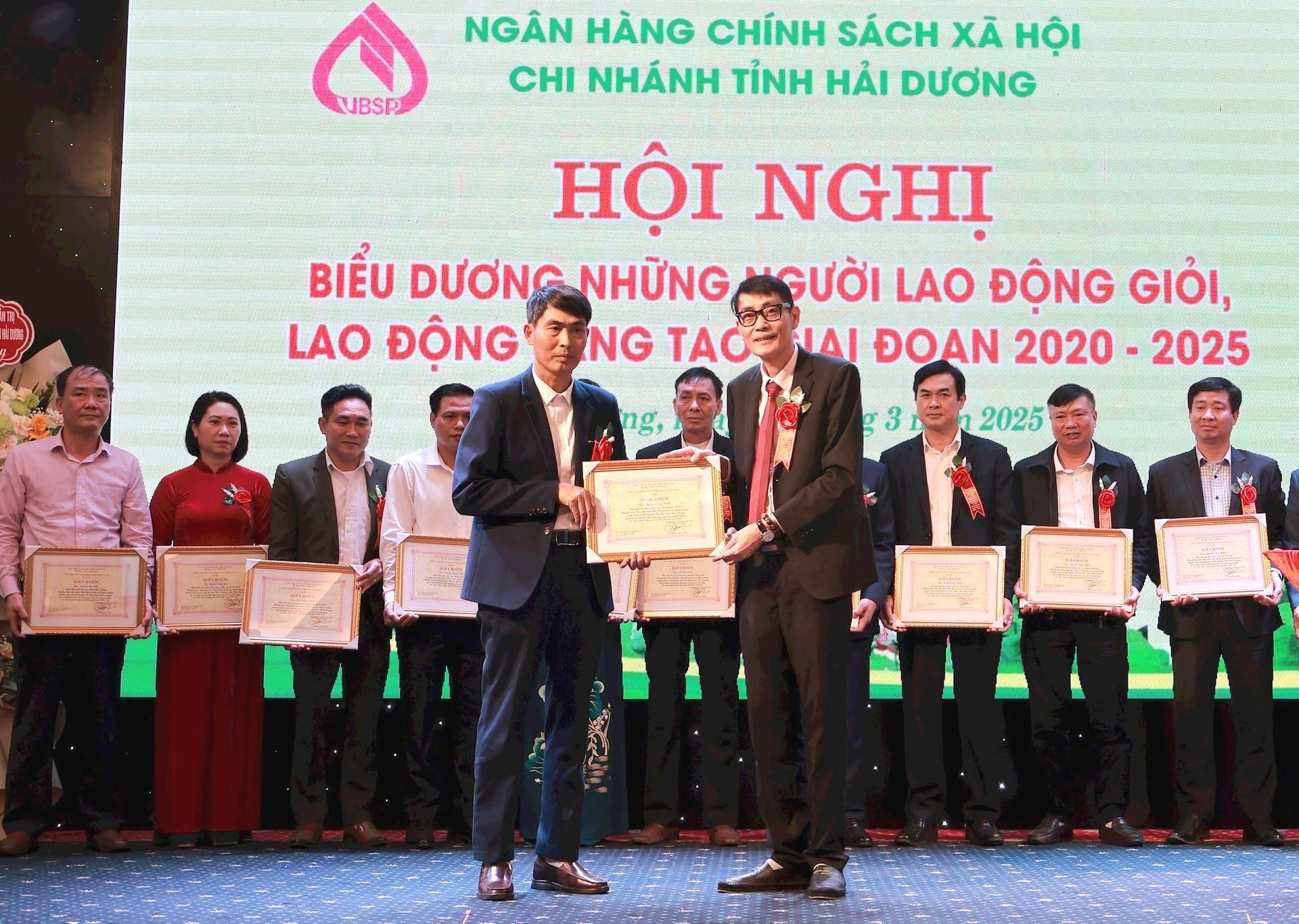
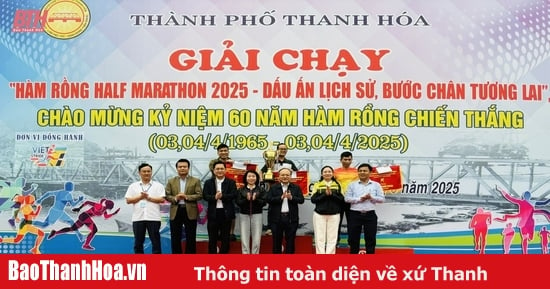


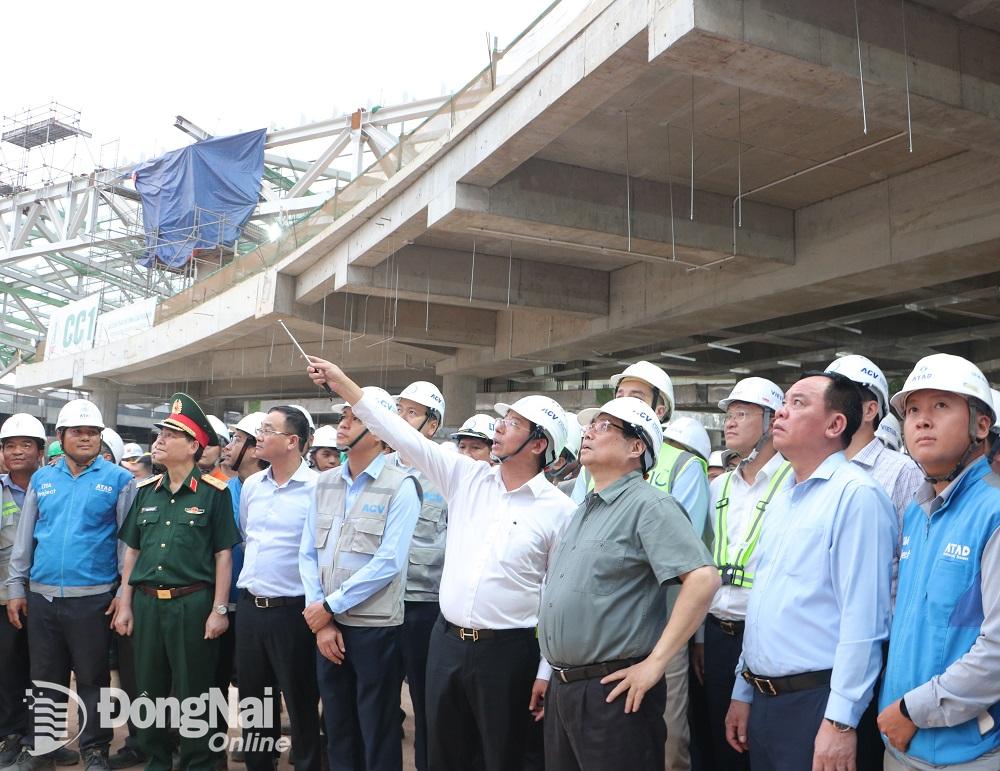










Comment (0)